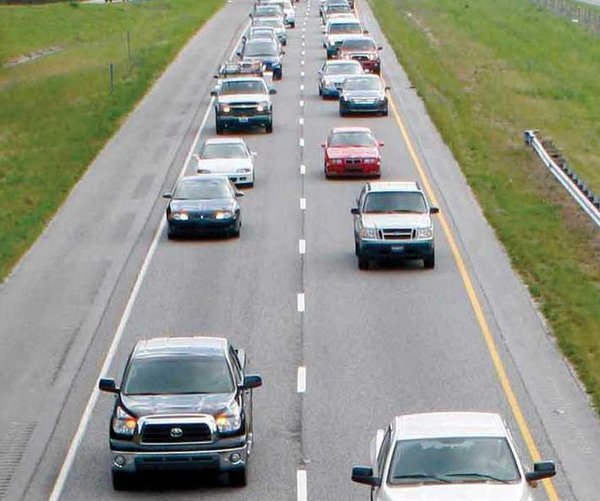Traffic in Forsyth County can be a headache, but local leaders recently shared their plans to help relieve some of the pain.
Ahead of the curve: local leaders talk road projects at annual transportation summit


Latest
-
 Gov. Kemp announces funding for these Forsyth County road projects
Gov. Kemp announces funding for these Forsyth County road projects -
 GDOT awards $122 million for Hwy. 20 widening, resurfacing project
GDOT awards $122 million for Hwy. 20 widening, resurfacing project -
 These road projects have been identified as top priorities for Forsyth County residents
These road projects have been identified as top priorities for Forsyth County residents -
 Plan for travel delays this Fourth of July weekend. Here’s what you need to know
Plan for travel delays this Fourth of July weekend. Here’s what you need to know